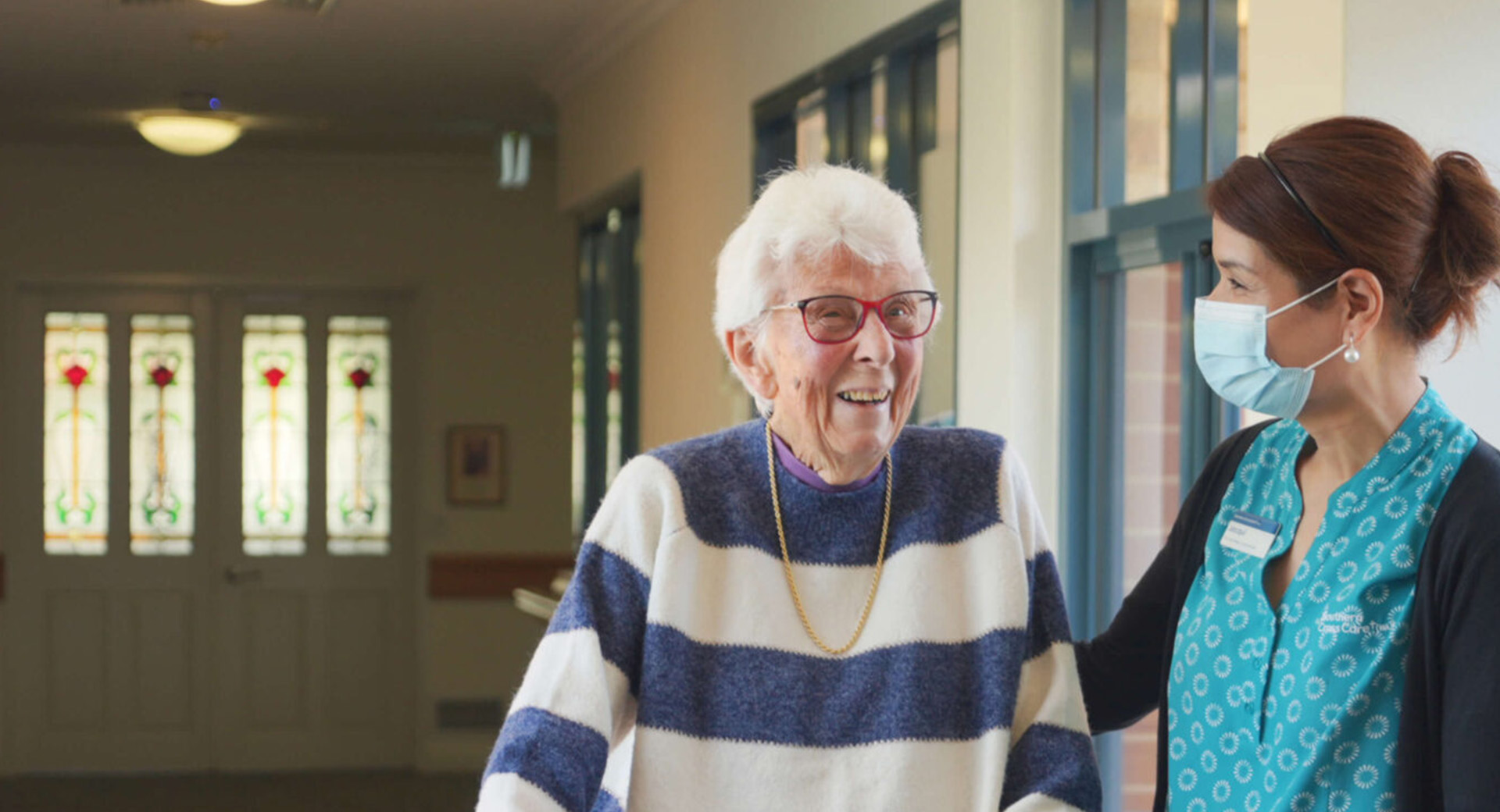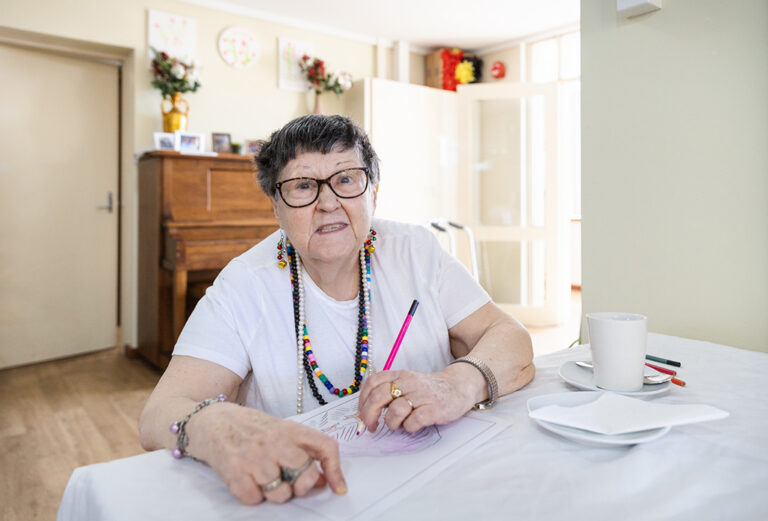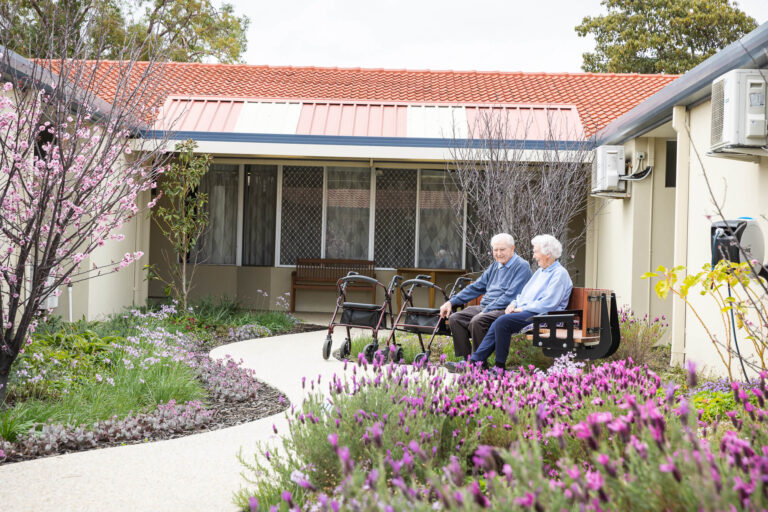The amount and the types of costs residents are required to pay is determined by an assessment of their income and assets (means assessment).
The different types of aged care home costs are:
- Basic daily fee: An amount that everyone pays for the day-to-day services they will receive at the aged care home.
- Means tested care fee: A contribution that some people pay toward the cost of their care, determined by a Centrelink income and assets assessment.
- Accommodation costs: An amount that some people pay to contribute towards or cover the full costs of their room, depending on their means assessment.
- Additional service fees: Fees for services that go beyond the minimum care and service requirements. This fee is only applicable to residents at Southern Cross Care WA East Fremantle.
For more information about additional services at East Fremantle click the button below.




